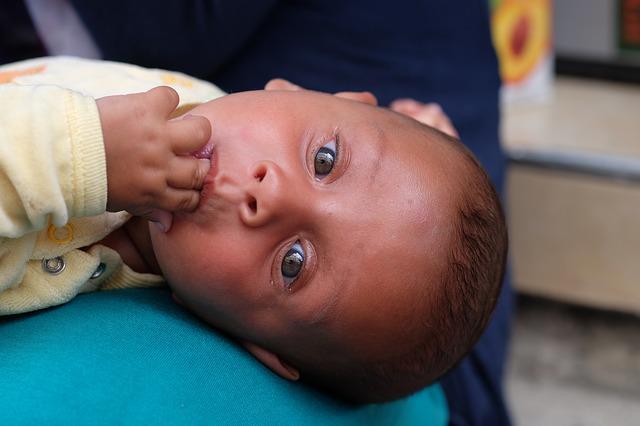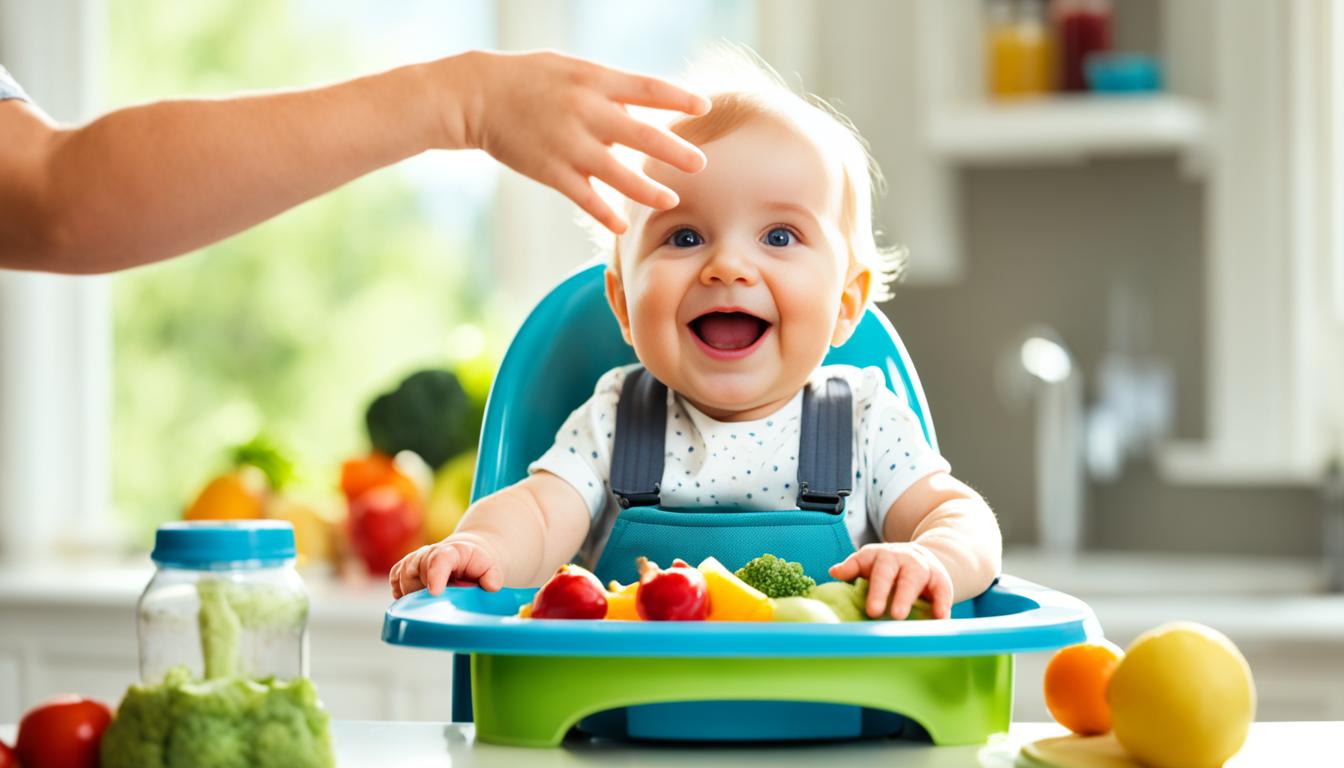Why do Babies Gag Themselves? When to Worry
It was an average morning at your home. This was your first time feeding your infant mashed potatoes today, and they seemed excited. You put them on their highchair, dipped a spoon into a bowl of chunky potato mush, and gently pushed the food into your baby’s mouth.
Everything was going fine. It was until your baby gagged and vomited their food onto themselves and you.
First of all: gross. But second, what just happened? Well, your baby just learned the (questionably) wonderful human feature called gag reflex.
For some kids, this might be the last time they decide it was a good idea to gag and throw up their food. But for others (like your infant), they might deliberately make themselves gag again. They might stick their finger up their throat again or gag on their food while swallowing. Is this something you should be worried about?
Why Do People Gag?
Gagging is a reflex a lot of people overlook. But without our gag reflex, millions of people could have died from choking on foreign objects.
Gagging is when the pharynx contracts, and the larynx pushes up any object that goes into our throat. Gagging is the opposite of swallowing.
There are many ways to trigger our gag reflexes besides eating large chunks of food. We might gag because we sense something disgusting or disturbing. Maybe we saw a gross image online, heard a nasty story from our friend, or smelled last week’s spoiled pasta.
Gagging happens a lot to children age 4 and under. It’s a result of their oral functions developing. Children 4 years and above learn how to simultaneously breathe while swallowing.
That’s All Well and Dandy, But Why do Babies Gag Themselves?
Your baby might gag while they’re having their first meal or they’re tasting something new. They might not like the taste or the texture, so they gag and spit their food out.
Gagging can be a good thing in some instances. Babies learn to chew their food by pushing the bigger chunk of food back into their mouths.
Pushing your baby to eat too much can also lead to gagging. It’s probably a sign to slow down on their next spoon airplane.
Sometimes, though, it’s not you who made your baby gag. Infants can also deliberately make themselves gag on their fingers.
Self-gagging can be a way of self-exploration for your child. They might gag themselves to see how their bodies react and what limits they can push. Other times, it can be a ploy to get your attention.
However, babies might also gag because of an underlying condition. Children with swollen tonsils, for instance, might have a harder time pushing food down their throats. Or maybe your child has a sensory processing disorder that makes it hard for them to tolerate specific tastes, textures, or smells.
Can I Make My Baby Stop?
There isn’t really a way for you to stop your infant from gagging themselves. The closes you can do is scold them, but that might just push them further to do the act in defiance.
According to Dr. Heather Wittenberg, acknowledging the gagging might make your kid more likely to repeat it in the future. Instead, don’t fuss about it and help clean your infant as if nothing happened.
After a round of vomiting, your baby will realize just how bad the taste of vomit is. They’ll soon learn to stop this behavior. However, if the practice doesn’t stop, maybe you should consult her pediatrician sooner or later.
If your infant gags while they eat, you might want to consider the taste and texture of their food. Maybe the food is too chunky, or the flavor is too salty. Sometimes, though, your infant might not be ready to have solid food yet.
What’s the Difference Between Gagging and Choking?
To an untrained person, gagging might look a lot like choking. But a baby choking on their food is very different from a baby that is just gagging.
Gagging does cause discomfort, but once your infant pushes the foreign object out of their mouth, there is nothing to worry about. But choking is when something gets stuck in your infant’s throat, and they can’t push it out on their own.
When a baby is choking, their airways are either partially or completely blocked, making breathing difficult. A baby that is choking can’t cry, create loud-pitch sounds, and have a terrified look on their face. Choking can also turn their skin blueish because of the lack of oxygen.
If your baby is just gagging, they will push their tongue and vomit their food. They might cry or cough in the process. This is a sign that their airways aren’t blocked.
What Do I Do When My Baby is Choking?
If your infant can still let out a cough, allow them to push until their food gets dislodged from their throat. But if your infant can’t cough or create noise anymore, immediately phone 9-1-1 or local emergency services.
It’s crucial to be trained in first-aid and CPR, especially for infants and young children. If you or someone in the house can administer first-aid, don’t hesitate to help your baby. This short but informative video from the British Red Cross can give you a refresher. It can even save a life.
Conclusion
Gagging is a reflex that existed to help humans survive for generations. It’s also the reflex responsible for making your infant puke all of their breakfast.
Either way, babies gagging themselves is a gross but normal part of growing up. They might gag because they don’t like the food you made (ouch), or they’re just trying to get your attention. The gagging will eventually stop as soon as your child ages.
However, there is a fine line between gagging and choking. If your infant can’t cough or cry, then there’s a big chance your infant has something blocking their airway. Immediately call 9-1-1 and do first aid to save your child.
Self-gagging is one of those weird quirks babies do to test the world around them. It can be a chore to clean up, but at least your kid will remember that shoving things down their throat isn’t always the best idea.










